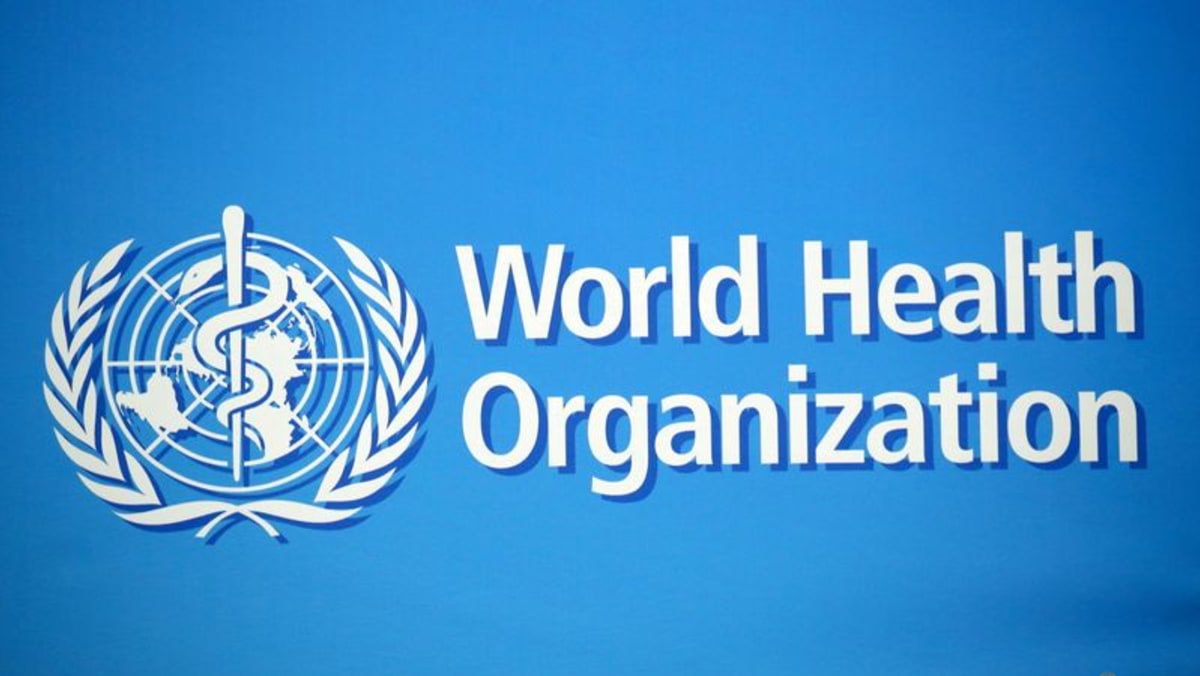WHO plans to eliminate bacterial meningitis epidemics by 2030
The World Health Organization (WHO) is aiming to eliminate the most deadly form of meningitis by 2030 through increased awareness and access to treatments, global plans launched by the UN-agency on Tuesday (Sep 28) to combat the inflammatory disease showed.
Meningitis is a dangerous inflammation of the membranes surrounding the brain and spinal cord. While it is typically caused by bacterial and viral infections, bacterial meningitis kills more people than any other form of the disease.
The “Global Roadmap to Defeat Meningitis by 2030” was launched by a coalition of partners at a virtual event in Geneva to focus on preventing infections and improving care and diagnosis for those who contract meningitis.
“Wherever it occurs, meningitis can be deadly and debilitating; it strikes quickly, has serious health, economic and social consequences, and causes devastating outbreaks,” said WHO chief Tedros Adhanom Ghebreyesus.
The disease is most common in more than 20 countries in Sub-Saharan Africa.
If left untreated, bacterial meningitis can cause fast-spreading epidemics, killing one out of 10 infected people, while one in five people are left with chronic conditions including seizures, hearing and vision loss, and neurological damage.
The WHO-led program also aims to reduce deaths due to bacterial meningitis by 70 per cent and halve the number of cases overall.
For all the latest world News Click Here

